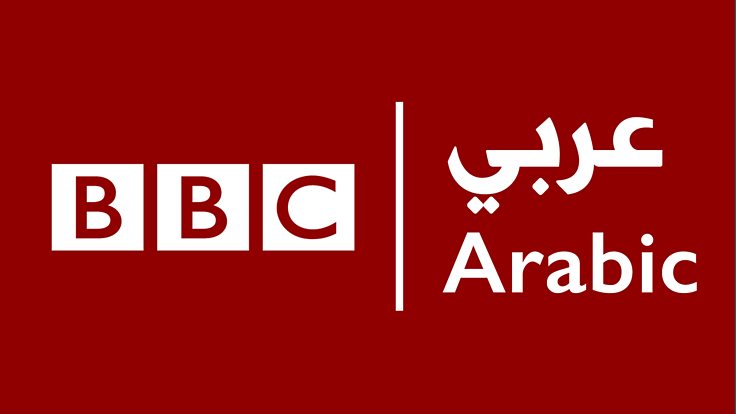This Is London!
Al Arabiya, Saudi Arabia, January 28
Last week, the terrestrial radio broadcast of the renowned BBC Arabic station came to an end. It will be replaced by a digital broadcast over the Internet. The importance of this channel cannot be overstated. Some believe that it was set up to serve and enlighten the Arab listener, while others believe that it was dominated by the agenda of the British Empire, which has been a significant part of the Arab world for the past 85 years. In recent times, the Arabic section has suffered from two major issues. First, the lack of funding has caused the same programs to be aired repeatedly, causing listeners to lose interest. Additionally, those in charge of the station, possibly from the Arab world, have not been sufficiently professional. Some of them were too passionate, leading to biased programs and even specific targeting against certain governments and states. Even so, there is more regret than delight at the station’s disappearance. Arabs have grown accustomed to the station and its perceived neutrality, making it almost a reality. Major countries like France, Germany, Russia, and the United States have radio and television stations directed at the Arab listeners. The professionalism of these institutions’ programming varies, but they are all primarily serving the agenda of their financiers. This agenda is employed both overtly and covertly, depending on the political and cultural biases of those in charge. Many media studies have concluded that “there is no media without an agenda.” In his book titled “The Mind Managers,” Herbert Schiller discusses the American media and confirms that there is no media “without a financing force that uses it.” Recent studies also affirm that “no media medium can replace another.” When the press first began in the United States, the public was concerned that mass gatherings would become obsolete, particularly during election cycles. However, the press flourished and did not cause these gatherings to disappear. Similarly, when radio emerged, the press was initially apprehensive, but eventually the two mediums coexisted and complemented each other. The same can be said for television in relation to the radio. Some observers suggested that the digital revolution, and the social media platforms that exist today, will diminish or eliminate the importance of printed and audio media. However, both printed and audio media are still increasing in reach and distribution, evidenced by the success of newspapers in India, Southeast Asia, and even the Middle East. The difference lies in the content provided by these outlets, as well as the ability of those responsible for creating diverse and attractive content which is, most importantly, credible. Today, television news and newspapers are generally more credible than social media, which are often not regulated by an official body. This lack of control has caused confusion between the sender and receiver of information. It has been proven that most social media create a public opinion that is far from objective and has had a negative effect on many societies. Additionally, some people are able to manipulate images with Photoshop, making it difficult to regulate even with laws. Radio also is an important form of communication, though it has been attacked by foreign sources. However, no Arab country has adopted radio as an alternative foreign Arabic radio station, perhaps due to a lack of awareness of the importance of radio, particularly in terms of analysis. Radio can serve listeners in places where they cannot watch television or read a newspaper, such as when they are in a car or in places that only radio can reach. For many Arab TV stations, despite their growth, there is a lack of professionalism that is evident to followers. Broadcasters, both male and female, often mispronounce the names of people and places in the news reports, indicating a lack of preparation on the part of the production team. Moreover, some talk show hosts ask questions that are much longer than the guest’s response. Furthermore, some hosts interrupt the guest, who is supposed to be an expert in the field, in order to present their own opinions. Unfortunately, it is the listener or viewer who has to bear witness to these events. Perhaps bidding farewell to the Arabic-language BBC radio station will make some wise people in the Arab world realize the importance of a balanced radio service. Unfortunately, such a service is yet to appear on the horizon, so the Arab listener will continue to rely on the stations of foreign countries. With a severe lack of literacy among many Arabs, they largely depend on what they hear and see; this is what is lacking in the Arab world. –Mohammed Al-Rumaihi (translated by Asaf Zilberfarb)


